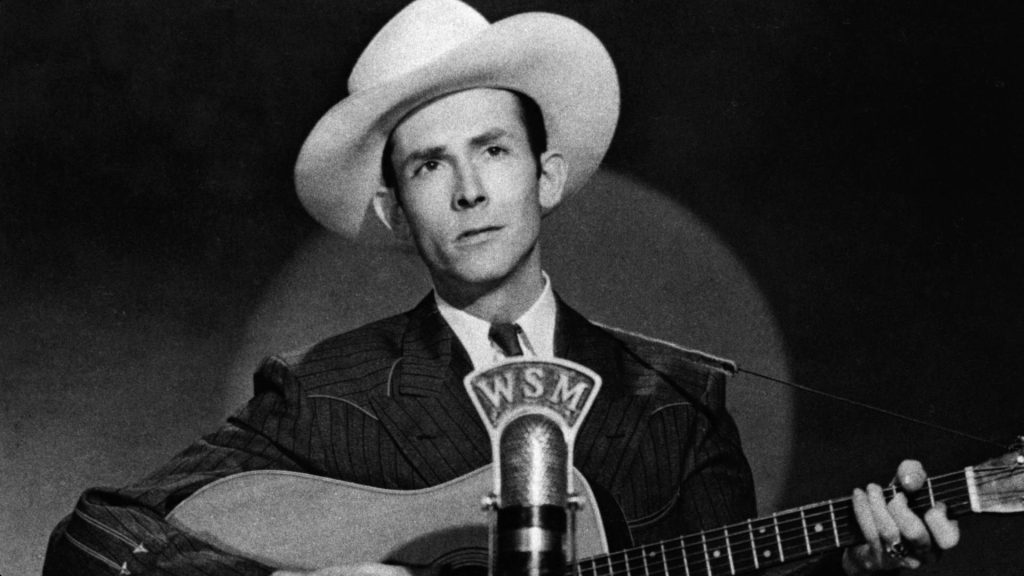
Lost Highway: A Country Ballad of Heartbreak and Wanderlust
In the realm of country music, few names resonate with the enduring power of Hank Williams. His songs, imbued with a profound understanding of the human condition, have captivated audiences for generations, cementing his legacy as one of the genre’s most influential figures. Among his extensive repertoire, “Lost Highway” stands as a poignant masterpiece, capturing the essence of heartbreak, wanderlust, and the yearning for a simpler time.
Released in 1949, “Lost Highway” marked a turning point in Williams’ career, catapulting him to stardom and solidifying his status as a country music icon. The song’s melancholic melody, coupled with Williams’ heartfelt vocals, paints a vivid portrait of a man adrift in a sea of despair, seeking solace in the open road.
The opening lines, “I’m a-walkin’ down this lonesome road, tryin’ to find my way home”, immediately establish the song’s somber tone. The protagonist, lost and alone, embarks on a journey of self-discovery, hoping to reclaim a sense of belonging and purpose. The “lonesome road” serves as a metaphor for life’s trials and tribulations, while the “home” he yearns for represents a lost paradise, a place of comfort and familiarity.
As the song progresses, the protagonist’s emotional turmoil intensifies. He laments the “memory of a love gone wrong”, his voice tinged with regret and longing. The “lost highway” becomes a symbol of his shattered dreams and unfulfilled promises, a constant reminder of his inability to escape the past.
Despite the overwhelming sadness, “Lost Highway” is not without a glimmer of hope. The protagonist finds solace in the beauty of the natural world, drawing strength from the “stars above” and the “wind in the trees”. These elements provide a sense of permanence and tranquility amidst the chaos of his own life.
The song’s final verse offers a poignant reflection on the human condition. The protagonist acknowledges the inevitability of “pain and sorrow” but finds solace in the shared experiences of humanity. He concludes with a simple yet profound statement: “I’ll keep on walkin’ ’til I find my way home”.
“Lost Highway” remains a timeless classic, its message resonating with listeners across generations. It is a testament to Hank Williams’ songwriting genius, his ability to capture the complexities of human emotion and express them with such raw honesty and vulnerability. The song’s enduring popularity speaks to its universal appeal, its ability to touch the hearts of those who have experienced loss, heartbreak, and the longing for a simpler time.